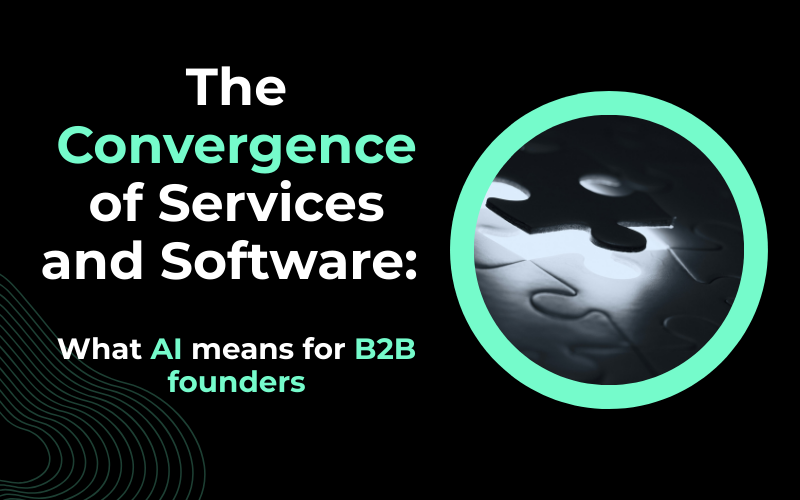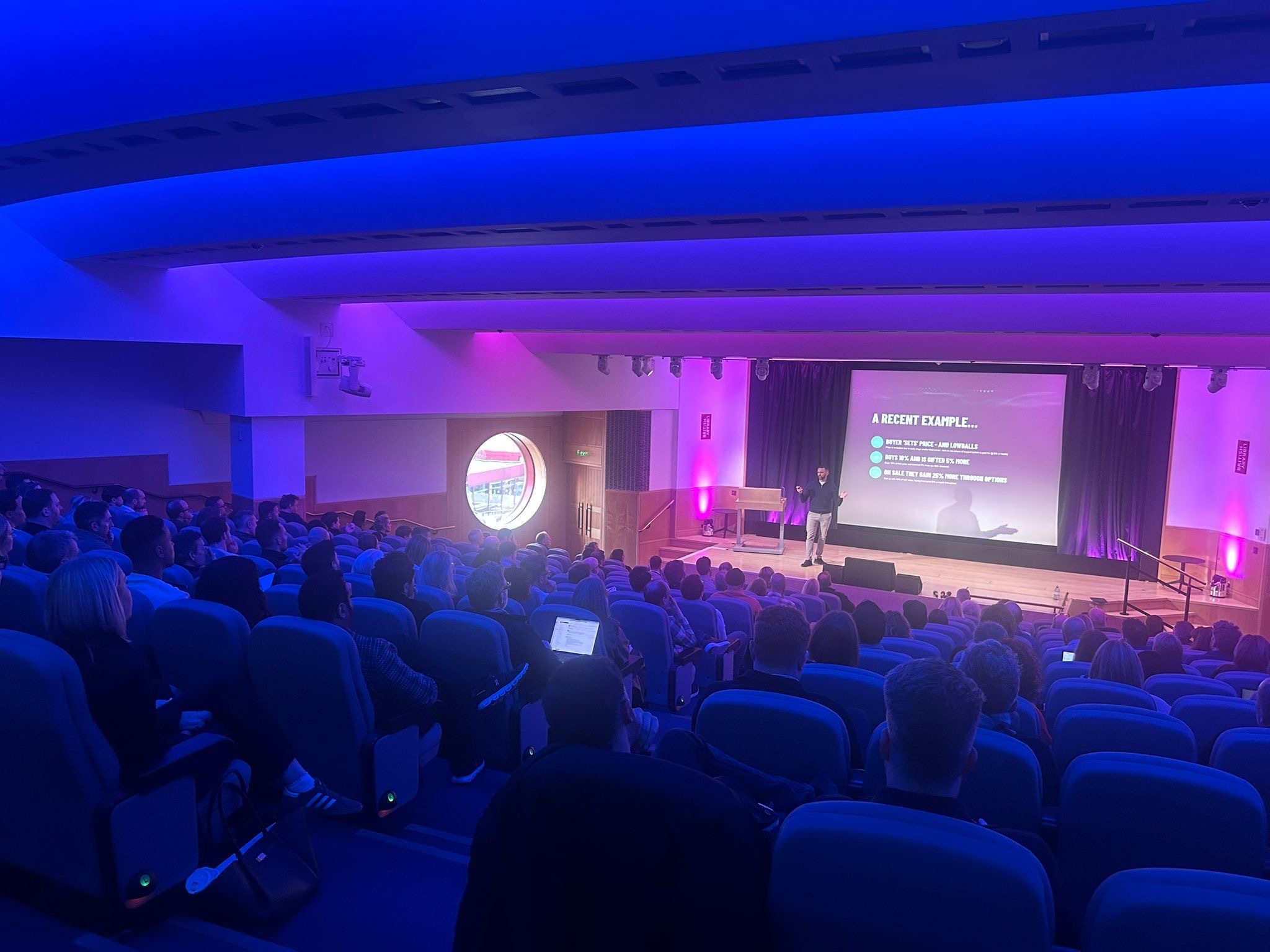What our mini staff survey revealed – and what B2B leaders should do next
In early 2025, we ran a mini staff survey across our B2B network to get a feel for how people are really thinking about their careers, pay and what they want from their employers right now. While the national Salary Census sets the big-picture trends, our findings highlight what’s happening on the ground.
Here’s what stood out, and what B2B business owners should consider doing about it.
1. The Talent Market Is Shifting – But Attrition Risks Are High
- Over a third (34%) of professionals said they plan to move roles within the next six months. Another 30% are open to offers if the right one comes along.
- Surprisingly, only 24% said they’re actively dissatisfied in their current roles – suggesting this movement is more about opportunity than discontent.
→ Action: Don’t assume a quiet team is a loyal one. If people are open to moving, it’s time to double down on career development, team engagement and making sure your business values align with day-to-day working life.
2. Confidence Is Returning To The Jobs Market
- Nearly half of businesses (46%) are planning to hire in the next six months, and job applications have risen by 15% year-on-year.
- After a shaky 2024, people are starting to move again – with more confidence and clearer expectations.
→ Action: If hiring is on the cards this year, now’s the time to revisit your talent strategy. Make sure your employer brand and recruitment messaging are up to scratch. Candidates aren’t just looking for money – they want meaning, flexibility, and development too.
3. Pay Is Rising – But It’s Not the Full Story
- Salaries rose by an average of 5.5% in 2024 – just below the national average of 6.2%. Still, over half (53%) of employees feel they’re not being paid what they’re worth.
- Freelancer day rates jumped 8%, too – marking the biggest spike since the post-COVID rebound.
→ Action: Use proper benchmarking to ensure your offers are competitive, even if you can’t offer big pay rises. Think about alternative ways to reward people – like project-based bonuses, cost-of-living top-ups, or added flexibility (which costs less but matters a lot).
4. Reskilling Isn’t Optional – It’s Urgent
Almost one in three employees had no formal training last year. But what people do want is clear: leadership development, AI upskilling, communication, and adaptability topped the list.
→ Action: Even in a small business, structured learning matters. Whether it’s workshops, mentoring, or online courses – embedding L&D into your culture helps with retention, succession, and future-proofing your team.
5. The AI Skills Gap Is Widening Fast
- Only 17% of businesses say they have a clear AI strategy. Meanwhile, just 10% of professionals are using AI tools day-to-day – and over 1 in 5 worry that AI could threaten their job.
→ Action: Rather than letting fear creep in, build internal confidence. Offer simple, hands-on AI training and position AI as a “co-pilot” for your team, not a replacement. When hiring, prioritise adaptable, skills-first candidates over rigid qualifications.
6. Flexibility, Wellbeing, and Purpose Are Now Deal-Breakers
The top five most-valued benefits heading into 2025 are:
- Generous holiday allowance (85%)
- Flexible working hours (82%)
- Learning and development (58%)
- Mental wellbeing support (70%)
- Pension contributions (74%)
→ Action: This is your checklist for a competitive benefits package. Flexibility isn’t a pandemic perk anymore – it’s part of the job spec. Especially in smaller businesses, it’s these human touches that help you keep and attract great people.
7. Progress on DE&I Is Slowing – and Could Go Backwards
- The gender pay gap fell to 10.1%, but ethnic and LGBTQIA+ pay gaps widened last year. Worse, representation of minority groups in senior roles has dropped – and over half of businesses no longer have a dedicated DE&I budget.
→ Action: Even without big budgets, you can still make meaningful progress. Commit to tracking diversity data, remove bias from your recruitment process (including skipping pay history questions), and prioritise inclusive policies and language in your comms.
The 2025 Imperative: Agility and Empathy Are the Edge
In a year defined by economic pressure, shifting employee values, and rapid tech change, small B2B leaders need to lead with both adaptability and heart. The businesses that succeed in 2025 will be the ones that:
- Treat learning as a growth strategy, not just a perk
- Lead with transparency and genuine purpose
- Hire and promote based on skills and potential – not just CVs
- Put culture, wellbeing, and inclusion at the heart of their operations
In short: people-first, future-focused. That’s what will keep your team strong – and your business competitive – is year and beyond.



